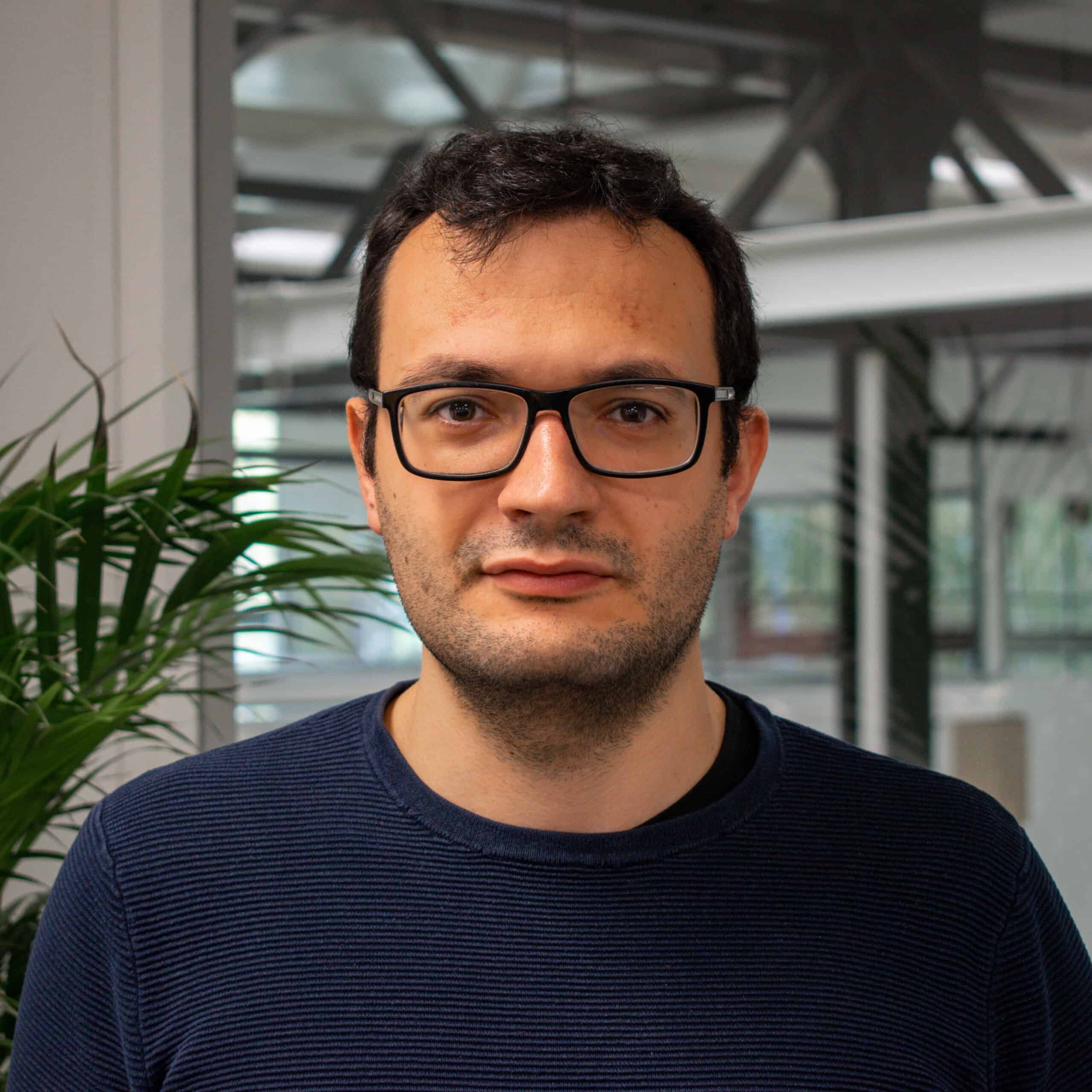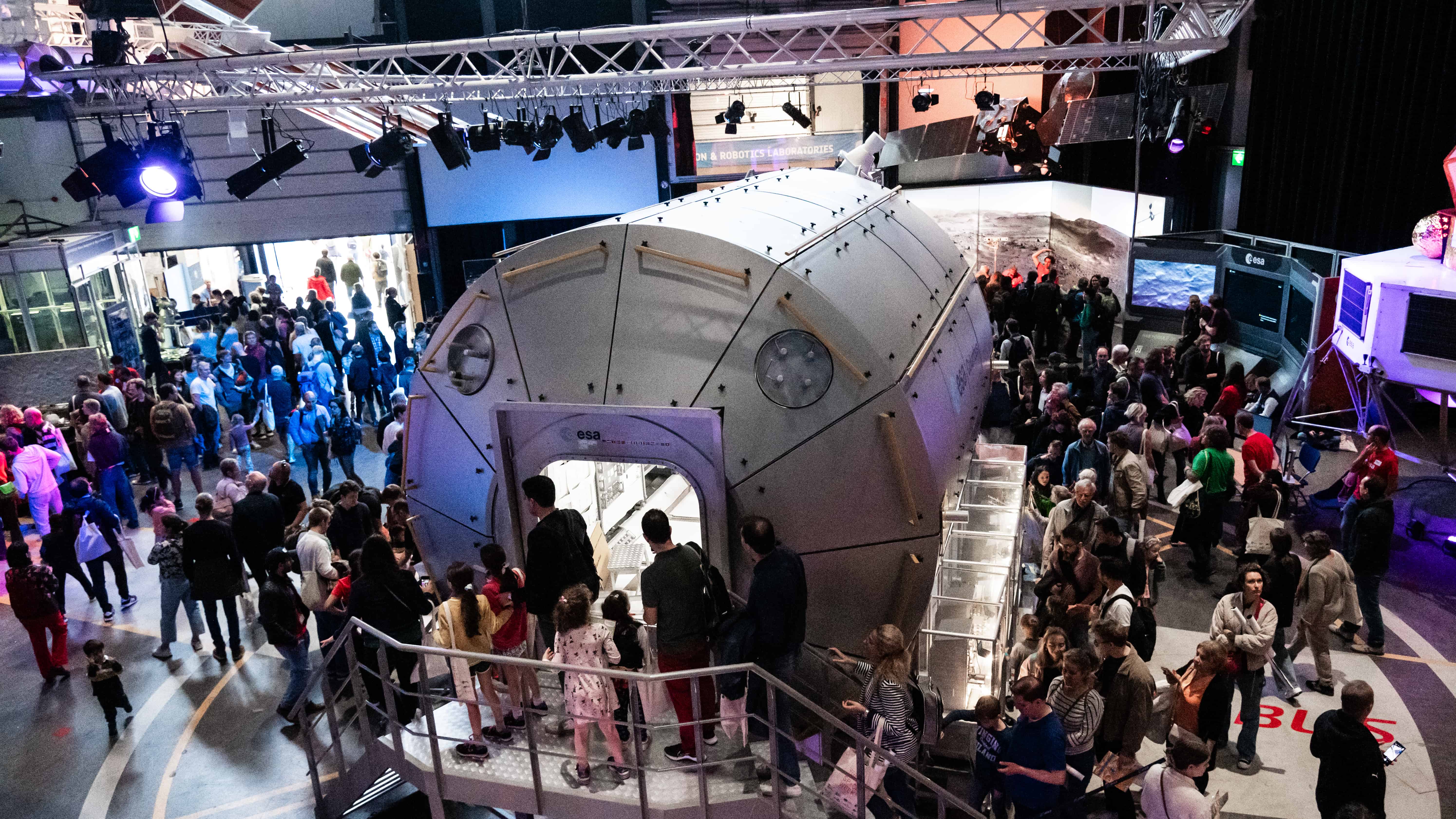
During the Deep Tech Connect event organized on June 28 at the High Tech Campus Eindhoven by High Tech XL and Extreme Tech Challenge, a panel session delved into deep tech trends and topics. Deep tech companies are those applying a new scientific or engineering breakthrough in the form of a product. Jean-Francois Bobier, Partner & Director of Boston Consulting Group, defined it as “the sum of advanced and cutting-edge tech plus mature tech plus solving a real-world problem”.
- In 2022, European deep tech startups raised 22 percent less money than the year before;
- Money is one of the problems, but different approaches to fostering collaboration can be of great help as well;
- Oftentimes, investments in deep tech are hampered as venture capitalist funds lack the necessary knowledge;
Lower funding, improved resilience
Before the panel, Nicolas Autret, partner at Walden Catalyst Ventures, presented some of the results of the European Deep Tech report. Although European deep tech startups raised 22 percent less money than in 2021 — $18 billion versus $22 billion – the segment was the second best performing one, after energy, showing the sector’s resiliency.
Furthermore, the report underlines how the key emerging areas of Deep Tech are changing. Novel AI, the Future of Computing, Novel Energy, and Space Tech raised over two billion dollars in 2022, the highest total ever and double the amount raised in 2020.
Autret also pointed out some of the challenges European DT faces. “Europe is cluttered with DT clusters, which aren’t concentrated. The challenge is to connect the dots and foster cross-country collaborations. Whereas it’s relatively easy for startups to receive early support, what’s challenging is raising larger rounds of money. Furthermore, a gap exists between dedicated deep tech investors and generalist venture capital funds, and closer collaboration is desirable.”
Overcoming the impasse
The starting point of the panel discussion – moderated by HighTechXL’s CEO John Bell – was indeed the 2022 decrease in deep tech funding. Prince Constantijn van Oranje-Nassau, the ‘special envoy’ for TechLeap.nl, acknowledged the dip in investments yet pointed out how the climate discussion “has been taken forward.”
In Bobier’s view, money is still the main problem. “All European funding – including the United Kingdom and Switzerland – makes up to a third of the capital invested in the US. They started in the ‘70s and are way ahead now. Furthermore, many European CEOs don’t have any knowledge about finance, human resources, and marketing.”
A way to access new money is through pension saving funds, a path already explored in the Netherlands. Tesla van Vuren, a partner at DeepTechXL, took part in the negotiations with the Dutch pension funds to use part of this money to invest in DT. “Perseverance and constant contact were the keys to succeed,” she said.
In his speech at the same event, ASML’s CEO Peter Wennink also discussed the opportunities for pension funds. “There is enough money for investments, but maybe it’s in the wrong place. I mean, in fact, when you compare Europe to the US, it’s more in private funds there, whereas here, it’s hidden in pension funds and maybe also state funds. And by definition, those places are more risk averse. They will only come forward when they have a high level of trust. So it all comes down to creating the credibility.”

Silicon Europe
When thinking of deep tech ecosystems, American Silicon Valley is the benchmark Europe looks at. “Silicon Valley is roughly half the size of the Netherlands and Belgium combined. In a way, Dutch cities have a similar density,” said Constantijn. “The risk I see is compartmentalization between the different cities, which shouldn’t be competing against each other but should rather be part of one system,” he added.
Autret underlined Silicon Valley’s “high velocity” in innovation flows connecting companies, universities, and venture capitalists. “The European way of doing business is different, and most importantly, our culture is different. We’ve been trying to replicate Silicon Valley in Europe, but we should probably find another way to put all countries on the line and establish a collaboration culture.” He also stressed how US corporates have a role in building the ecosystem while remarking that European ones don’t often know how to acquire startups.
Risk culture
The audience also had a chance to ask some questions to the panelists. One of them prompted the experts to discuss if, to change the ecosystem, people should be taught how to accept risk – a willingness that, in the US, is much more prevalent.
Despite agreeing partly, Constantijn has a different take on the topic. “I believe it concerns risk management and how learning in university and funding schemes are structured. I think investing in managing helps to de-risk, but the cultural shift will come later.”
In van Vuren’s view, co-creation can help. “This way, corporates can de-risk, and startups have an active role,” she said. “Corporates excel in what they do, and it is hard to introduce new technologies. To attract their interest, I suggest developing something new and possibly premium product,” Bobier added.

Funds lacking the necessary knowledge
Another question the audience asked the panelists about was the potential of life sciences as the next big domain for DT investments – such as the merger of biology with AI.
“Synthetic biology is definitely an important domain, but as VC, we miss the right technical knowledge to make the right investments in it,” lamented Autret. Van Vuren emphasized the importance of having the right expertise, not only for making the right investments but to help startups solve the problems they might encounter while developing their ideas.
In also underlining the lack of technical knowledge on the VC, Prince Costantijn added that “the European Innovation Council could do better technical due diligence.” As more technologies emerge, Bobier believes that more research is needed to help VCs make informed choices.
Moving forward
In conclusion, the four speakers encouraged deep tech entrepreneurs to pursue their dreams, set ambitious goals, and expand their boundaries. In the fight against the most pressing challenges of our times, daring to put the latest scientific breakthroughs at work can be of great help.







